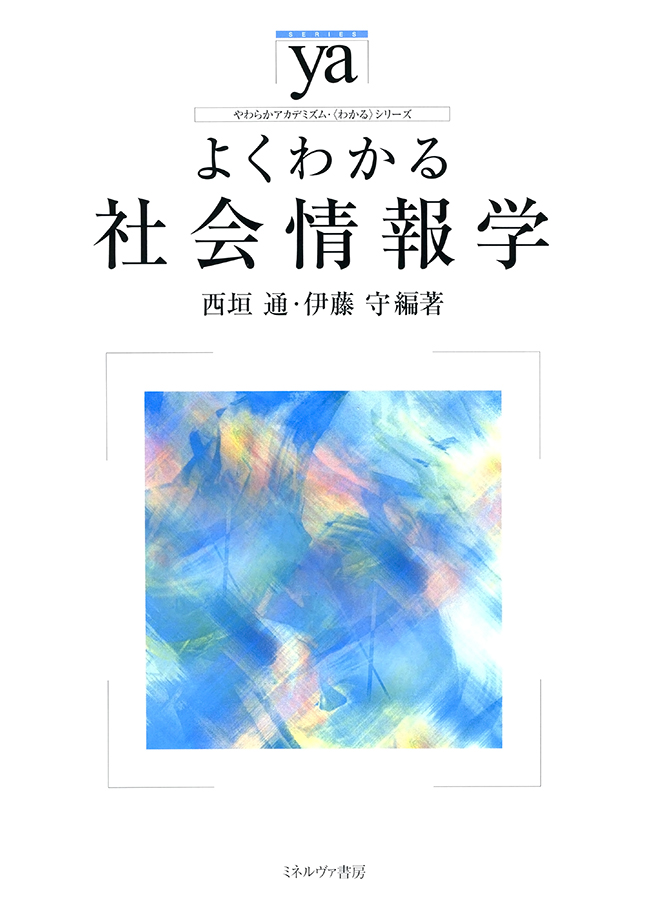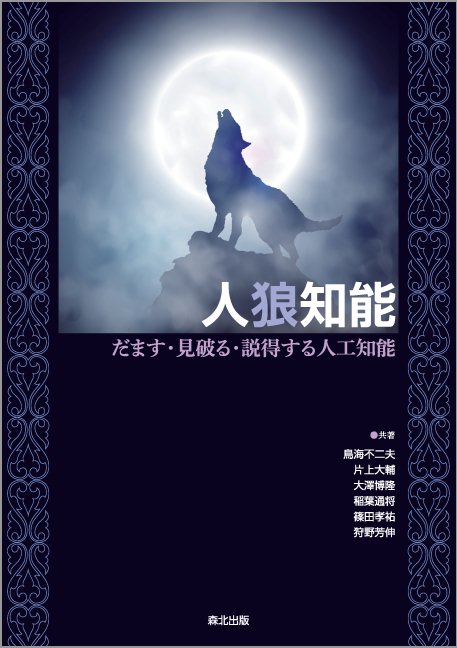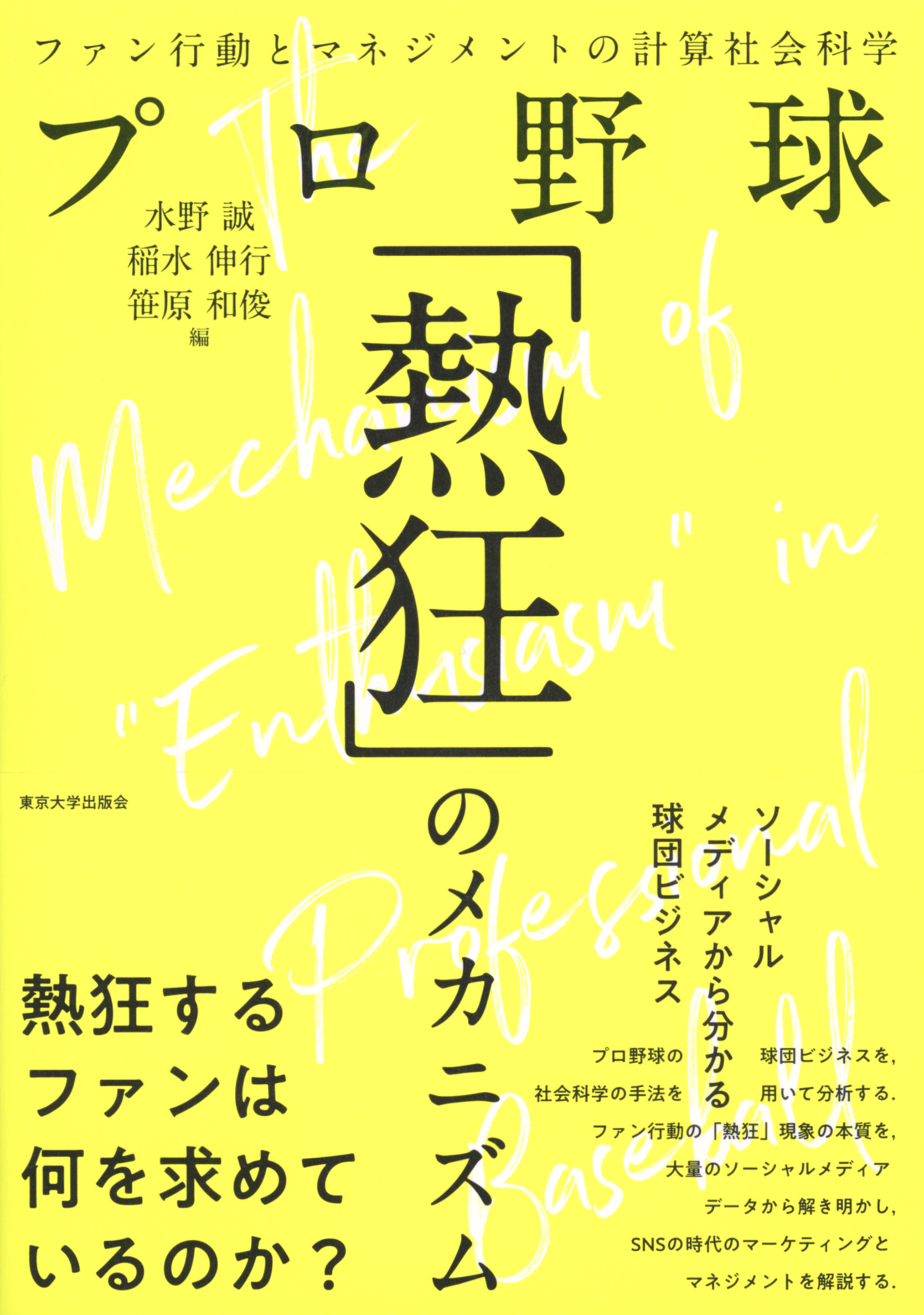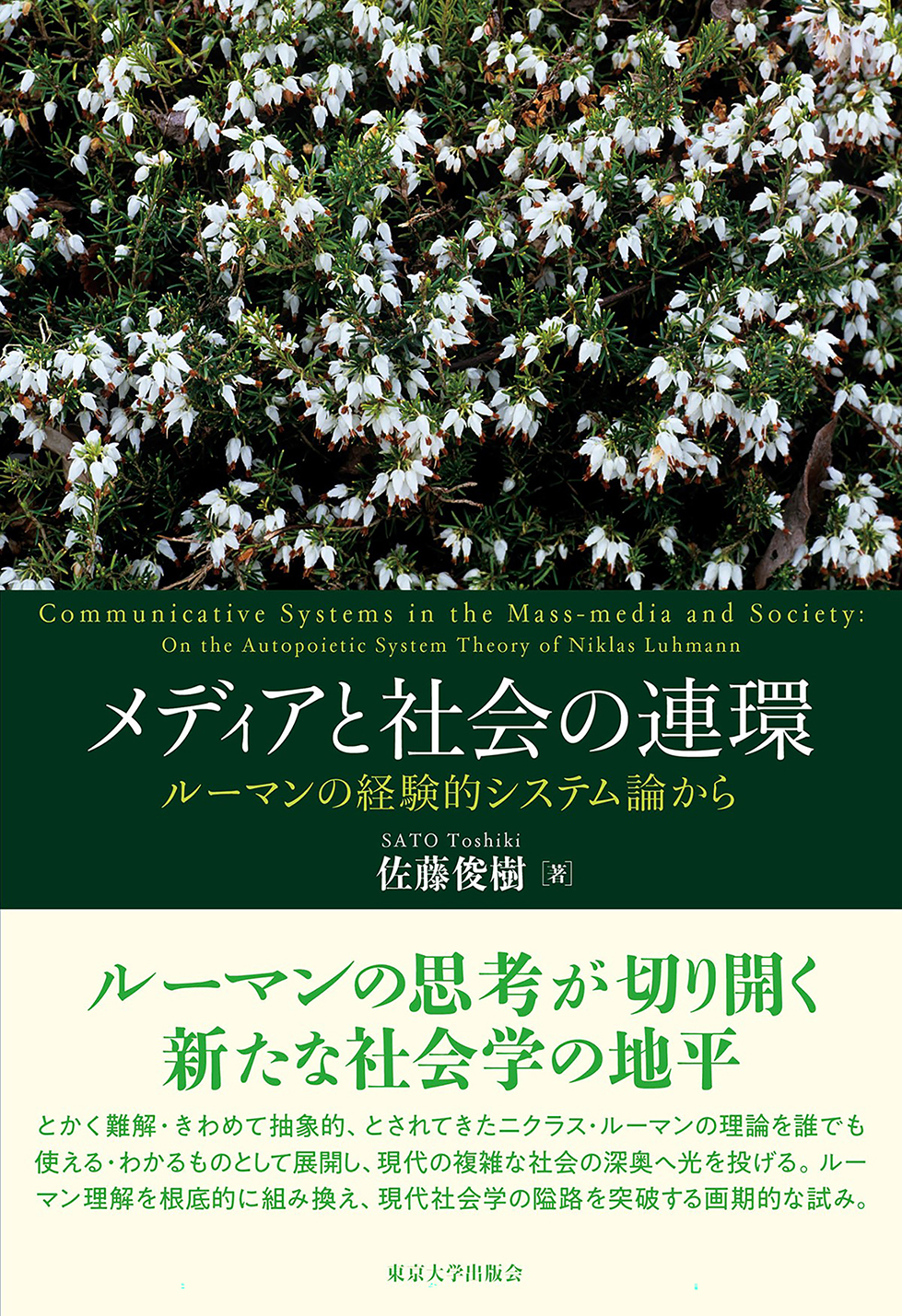
Title
Yokuwakaru Shakai-Joho-gaku (Understanding Social Informatics: Easy Academism, The “Understanding” Series)
Size
232 pages, B5 format
Language
Japanese
Released
May 20, 2015
ISBN
9784623073597
Published by
Minerva Shobo
Book Info
See Book Availability at Library
Japanese Page
Have you heard of the manga Hunter x Hunter? It’s a popular manga that has been running in the Weekly Shōnen Jump magazine for over 20 years, since 1988. It’s very popular, but it’s also famous for its many hiatuses.
Readers of Hunter x Hunter would know that its characters have abilities called “Nen.” Nen abilities are classified into six categories, such as “Enhancing” or “Transmuting.” Each character has one category of Nen ability as their specialty and individual abilities that correspond to it. However, some of the characters have a “specialty Nen ability” and “mastered individual abilities” that fall under different categories. When this happens, it seems the strength of the individual abilities is dramatically reduced than when a character’s Nen ability and individual abilities are of the same category.
This relationship between specialty Nen abilities and mastered individual abilities is not unlike the relationship between research abilities and intellectual curiosity. In the world we live in, research abilities seem to be separated into categories like “science,” “humanities,” “medicine,” and so on (and are in fact subdivided even further), and students enter an academic field that expands the abilities of their specialty after going through the “Sorting Hat”-like process of university entrance examinations. However, it’s not always the case that a high school student who excels at math will necessarily be suited to studying the sciences. There are probably many students who feel hounded by the thought that they would rather be studying something else after they start university—as if their specialty ability and their mastered abilities are not a match.
At Tokyo University, students have the chance to change between “sciences and technologies” and “humanities and social sciences” at the time of Shinfri (an enrollment-selection system), but it might be easy to change departments in this way at any university. However, few people are actually able to make this change. There are a lot of hurdles, and if your grades aren’t good enough, you may not be able to make changes. The fact that students who want to change from social science to engineering must get good grades in their social science courses is a matter of placing the cart before the horse.
My recommendation for students who are worried about mismatches in their Nen abilities is the border region of interdisciplinary fields. My field, informatics, also contains a study of social informatics. Ok, we finally arrive at the title of this book.
As the name suggests, social informatics focuses on information phenomena in society and aims to reveal their characteristics in theoretical and empirical ways. For that reason, it handles an extremely broad set of fields—so many that it is difficult to encompass them all. However, it helps to think of research fields that aim to study information science and use that technology to analyze social data and clarify the structure of society. Or, think of research fields that aim to analyze digital societies from a sociological perspective, as a part of social informatics in general. These interdisciplinary areas are becoming increasingly active in recent years. Areas close to social informatics, such as “computational social science,” which attempts to handle social science as a whole from a stance near to computer science, are a focus of companies like Facebook and Microsoft; research in this area is expanding worldwide.
Understanding Social Science is a collection of articles in one compact book, with perspectives on everything from the structure to the research methods of social informatics, as told by 62 researchers who work in the various fields of “social informatics,” which links sociology and informatics. If your specialty and the abilities you want to master are out of sync with each other, surely, you’ll find some topics here that will make you want to put your own skills and curiosity to use.
I hope that you’ll read this book if you’re a social science student interested in informatics or engineering student interested in sociology.
(Written by TORIUMI Fujio, Associate Professor, School of Engineering / 2018)



 Find a book
Find a book




